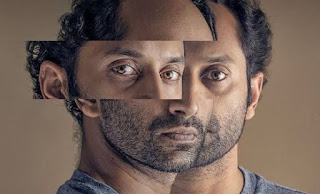We all go through tensions and problems in our life. We walk with them, sit with them and sleep with them. They are there and it is a mental block. We even pray for overcoming hurdles and blocks in life. Easter presents such a tension, block and hurdle. The hurdle of the closed tomb.
In St. Mark 16: 1, Mary Magdalene, the apostle to the apostles, Mary the mother of James and Salome walk to the tomb with spices to anoint the body of Jesus. Their faith, concern and love is immense. This could also be a special characteristic of women. They go to any length when it is something that touches their heart. The risk, danger and uncertainty were huge and yet they go.
All through we are wondering about the close disciples. The twelve minus the one who was tempted to betray. They are no where near the tomb and yet God takes care of the burial in the most honourable way. Perhaps something for us to think too when we worry too much about our death and what will happen then. Someone will be there to take care of everything in the best way and they need not be those close to us!
The women were walking very early after the Sabbath on the first day of the week. Suddenly they think of something. Verse 3 says, “And they were saying to one another, “Who will roll away the stone for us from the door of the tomb?” Now this could have easily been a reason for them to walk back. But they carry on. We usually falter, stop and move back when we are faced with an adversity. But we can also look at it and say that we will anyway have a look and return if we can’t get our work done.
The women reach and verse 4 says, “ And looking up, they saw that the stone was rolled back;- it was very large.” The very large is an indication that by themselves, they wouldn’t have managed to remove the stone. Just imagine. The resurrection wouldn’t have been witnessed and reported without a rolled back stone. Our life is basically a bag of plans. But we usually plan through till the end. The plan of the women though ended at the door of the tomb. This is when God’s plan is revealed. An open tomb is an open God, a revealed Jesus and hope for humanity. We are all weary of approaching doors because we are not sure whether the stones will be rolled away. But Easter is not our plan and our execution but God’s way of showing the rolling stones in our life. Christ is risen. The large stone has been rolled back. Amen.
























